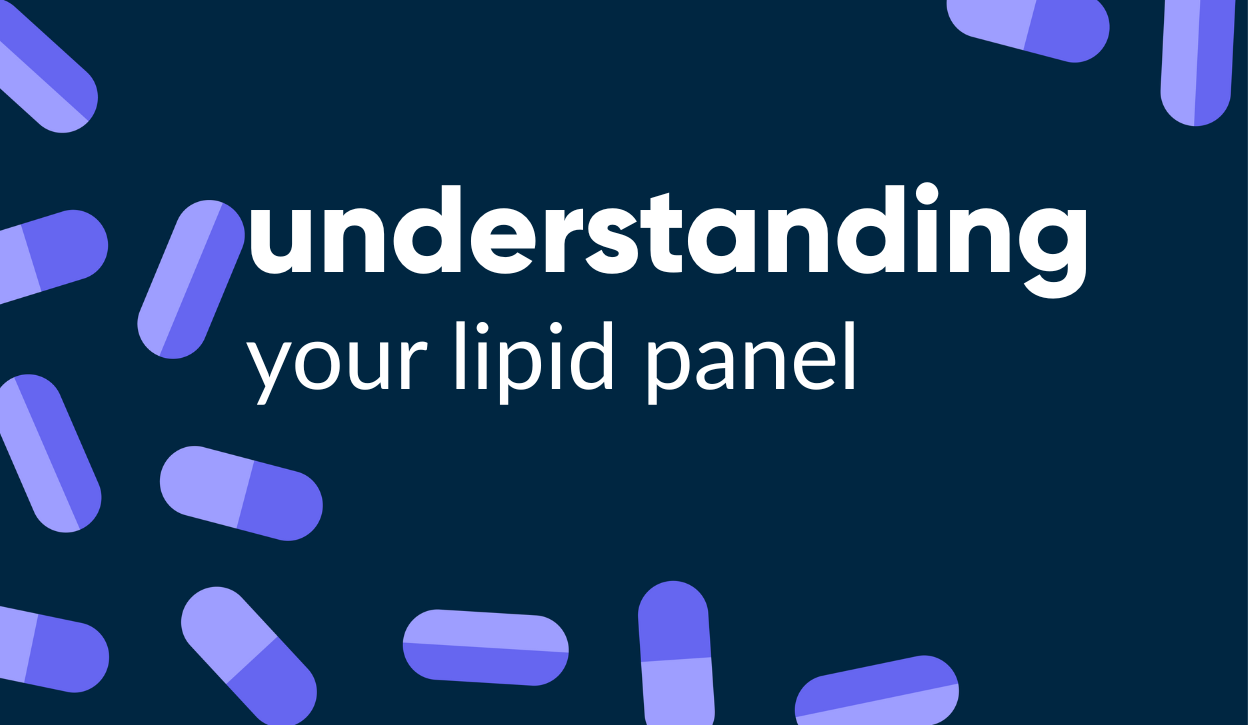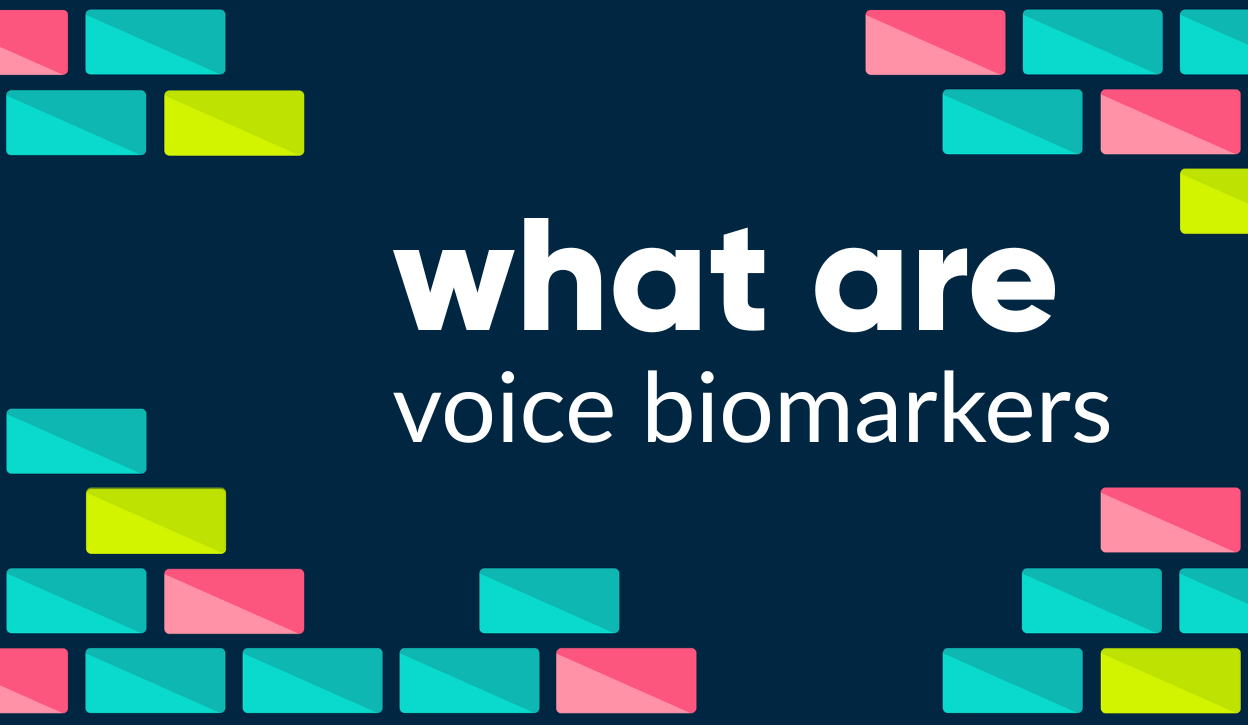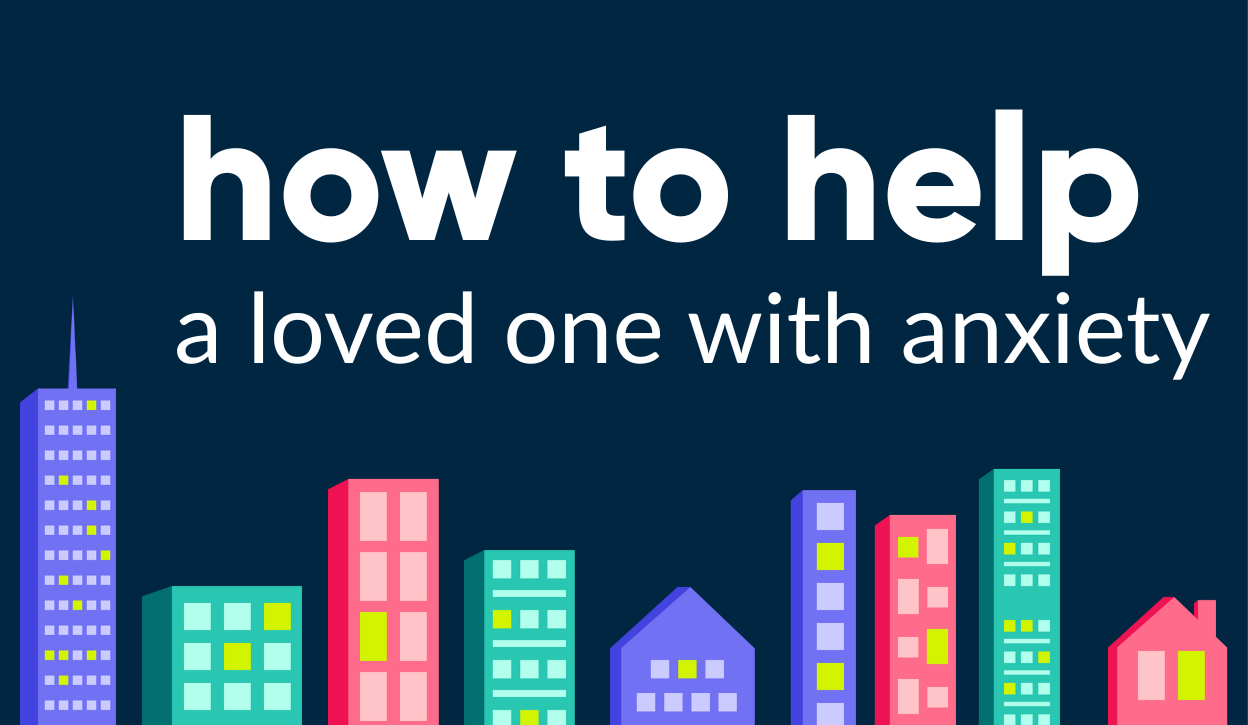
Do you or someone you love struggle with borderline personality disorder? It can feel nearly impossible to make a relationship last when BPD is involved because of the effects of BPD on an individual. Although it is difficult, it is possible to have a happy and healthy relationship with someone who has BPD. In this article, you’ll learn more about BPD, how it affects relationships, and what can be done to make your relationship last.
What is Borderline Personality Disorder?
Borderline personality disorder (BPD) is a mental health condition that affects the way a person thinks, feels, and interacts with others. Individuals with BPD experience intense and unstable emotions, have difficulty with relationships and struggle to maintain a stable sense of self.
One of the defining characteristics of BPD is emotional dysregulation. People with BPD often experience intense mood swings, from extreme happiness and joy to intense anger, sadness, or anxiety, which can occur in rapid succession. These emotions can be triggered by everyday events and situations, leading to impulsive and sometimes harmful behaviors.
Another key feature of BPD is an unstable sense of self. People with BPD may struggle with their identity, values, and beliefs, leading to frequent changes in goals, career aspirations, and relationships. This instability can cause a deep sense of emptiness and may contribute to difficulties in maintaining meaningful and long-lasting relationships.
Individuals with BPD may also engage in self-destructive behaviors, such as substance abuse, self-harm, and suicidal thoughts or attempts. This is often a result of feeling overwhelmed by their emotions and difficulty managing them in healthy ways.
Use Galvan To Manage BPD
The Galvan app is a revolutionary way to assess and quantify mental health. Being able to track emotions and see patterns can help people with BPD have better success in their relationships and life. Not only will this app assist with mental health, it will also assesses your heart rate, your exercise habits, and even the nearly-imperceptible nuances of your voice to help you analyze your mental health on a daily basis. Not only will you be able to share your progress with friends, but our app will give you rewards for good behavior. Download the app below!

Average Length of a BPD Relationship
One of the defining characteristics of BPD is a pattern of unstable and intense relationships. Due to the volatile nature of relationships with someone with BPD, the length of the average relationship can vary.
Research has shown that people with BPD tend to have more romantic relationships and shorter relationships than people without BPD. In fact, individuals with BPD tend to have higher rates of relationship turnover and divorce than the general population. Studies have found that the average length of a romantic relationship for someone with BPD is about 1-2 years.
However, it's important to note that these are just general trends, and the length of a relationship with someone with BPD can vary widely depending on the individual and their treatment status. With proper treatment and support, individuals with BPD can learn to manage their emotions, develop healthy relationship skills, and build lasting, fulfilling relationships. It is essential to seek professional help if you or your partner is struggling with BPD to improve communication, reduce conflicts, and build stronger, healthier relationships.
Devaluing Relationships
One of the defining characteristics of BPD is a pattern of unstable and intense relationships. People with BPD may experience intense feelings of love and admiration for their partners, but these feelings can quickly turn to anger, resentment, and even hatred. This shift in emotions can lead to devaluing relationships. Here are some ways BPD can devalue relationships:
- Splitting: Splitting is a defense mechanism that people with BPD use to cope with their intense emotions. This means that they see people and situations in black-and-white terms, either all good or all bad. They may idealize their partner one moment, and then devalue them the next, causing significant emotional turmoil for both parties.
- Emotional Dysregulation: People with BPD may struggle to manage their emotions effectively, leading to intense mood swings, outbursts, and conflicts with their partners. This can cause their partner to feel like they are walking on eggshells around them and may lead them to feel devalued and unimportant.
- Self-sabotage: People with BPD may engage in self-destructive behaviors, such as substance abuse or reckless spending, which can damage the relationship and cause their partner to feel devalued and helpless.
Devaluing relationships can be damaging to both parties involved. It can cause significant emotional pain, stress, and strain on the relationship. However, with the right treatment and support, individuals with BPD can learn to manage their emotions, reduce self-destructive behaviors, and develop healthy relationship skills. It is essential to seek professional help if you or your partner is struggling with BPD to improve communication, reduce conflicts, and build stronger, healthier relationships.
Other Impacts on Relationships
Borderline personality disorder (BPD) can have a significant impact on relationships. Individuals with BPD often struggle with intense and unstable emotions, which can lead to difficulties in maintaining healthy relationships. Here are some ways BPD can affect relationships.
- Fear of Abandonment: People with BPD may have an intense fear of being abandoned by their loved ones, leading to clingy behavior or outbursts when they feel their partner is withdrawing from them. This fear can also cause them to end relationships abruptly to avoid being abandoned first.
- Intense Emotions: Individuals with BPD often experience intense emotions, which can be overwhelming for their partners. They may become angry, sad, or anxious without warning, causing their partner to feel like they are walking on eggshells around them.
- Impulsive Behavior: People with BPD may engage in impulsive behavior, such as substance abuse or reckless spending, which can put a strain on their relationships. They may also be more likely to engage in risky sexual behavior, which can cause problems in their romantic relationships.
- Insecurity: People with BPD often struggle with their sense of self and may seek validation from their partners. This can lead to jealousy and possessiveness, causing their partner to feel trapped in the relationship.
- Difficulty Communicating: Individuals with BPD may struggle to communicate their emotions and needs effectively. They may avoid conflict, leading to unresolved issues, or become defensive and hostile when their partner tries to talk to them about their concerns.
Conclusion
Despite its challenges, treatment is available for BPD. Psychotherapy, such as dialectical behavior therapy (DBT), can help individuals learn skills to manage emotions and improve relationships. Here’s more information from Mayo Clinic about psychotherapy. Medications may also be prescribed to manage specific symptoms, such as anxiety or depression.
If you or someone you know is struggling with BPD, it is important to seek help from a mental health professional. With proper treatment and support, individuals with BPD can lead fulfilling lives and build meaningful relationships.
Galvan Nodes and the IZE Blockchain are governed by a Distributed Governance Framework, which is distinct from and not solely controlled by Galvan DAO LLC. Any value derived from Galvan Nodes and IZE Digital Rewards is likely to be uncorrelated with the success or failure of Galvan.
Galvan does not sell tokens. The IZE Blockchain, which is governed by Galvan Node Owners, self-governs the distribution of tokens. Tokens are earned in exchange for work and action on the IZE Blockchain. The token is designed to have utility on the Galvan platform for the purchase of Galvan’s products and services. The token is not an investment product and may never have any value outside of the Galvan platform. Galvan Node Owners should not expect to recognize any value from the token other than its utility with Galvan. Galvan does not anticipate correlation between the token value and Galvan’s business activities.
This article may contain forward-looking statements that involve substantial risks and uncertainties. Forward-looking statements discuss plans, strategies, prospects, and expectations concerning the business, operations, markets, risks, and other similar matters. There may be events in the future that we cannot accurately predict or control. Any forward-looking statement contained herein speaks only as of the date on which it is made. Factors or events that could cause our actual results to differ may emerge from time to time, and it is not possible for us to predict all of them. We do not plan to update or revise publicly any forward-looking statements except as required by law.













